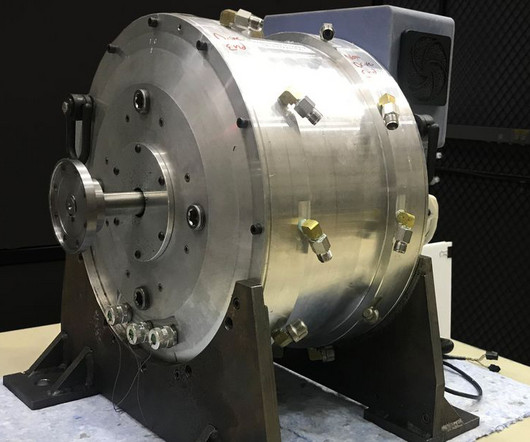Johnson Controls partners with UW-Madison on battery lab
Green Car Congress
MAY 5, 2014
Johnson Controls is partnering with the University of Wisconsin-Madison to establish a new battery laboratory at the Wisconsin Energy Institute on the campus. The research is intended to enable manufacturers to build systems that utilize battery power more efficiently.














Let's personalize your content